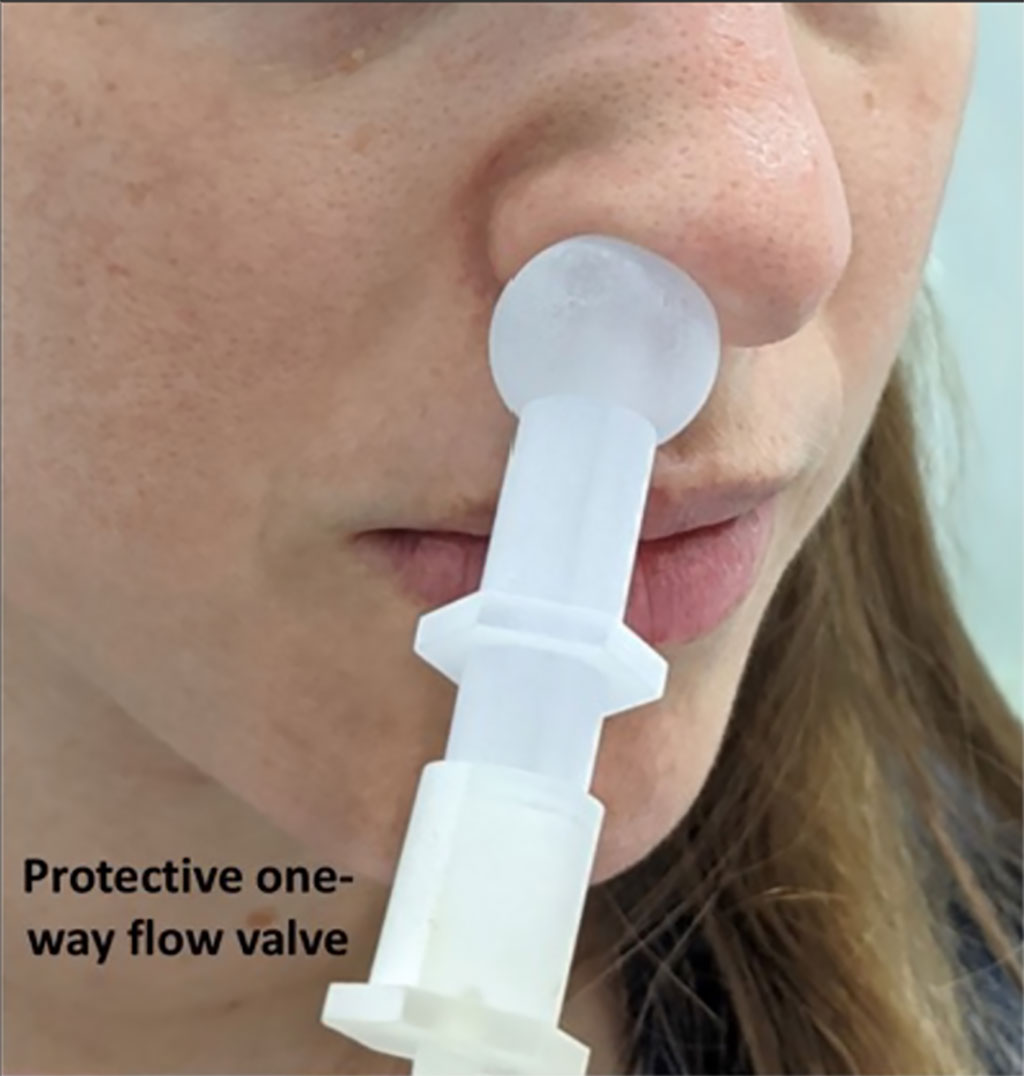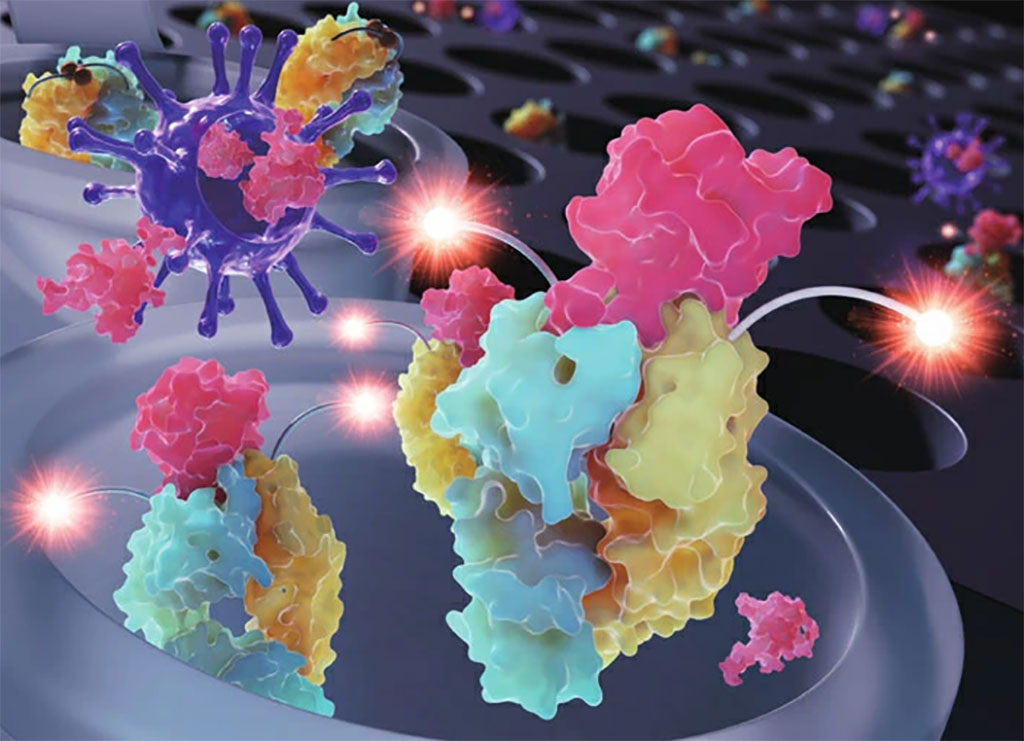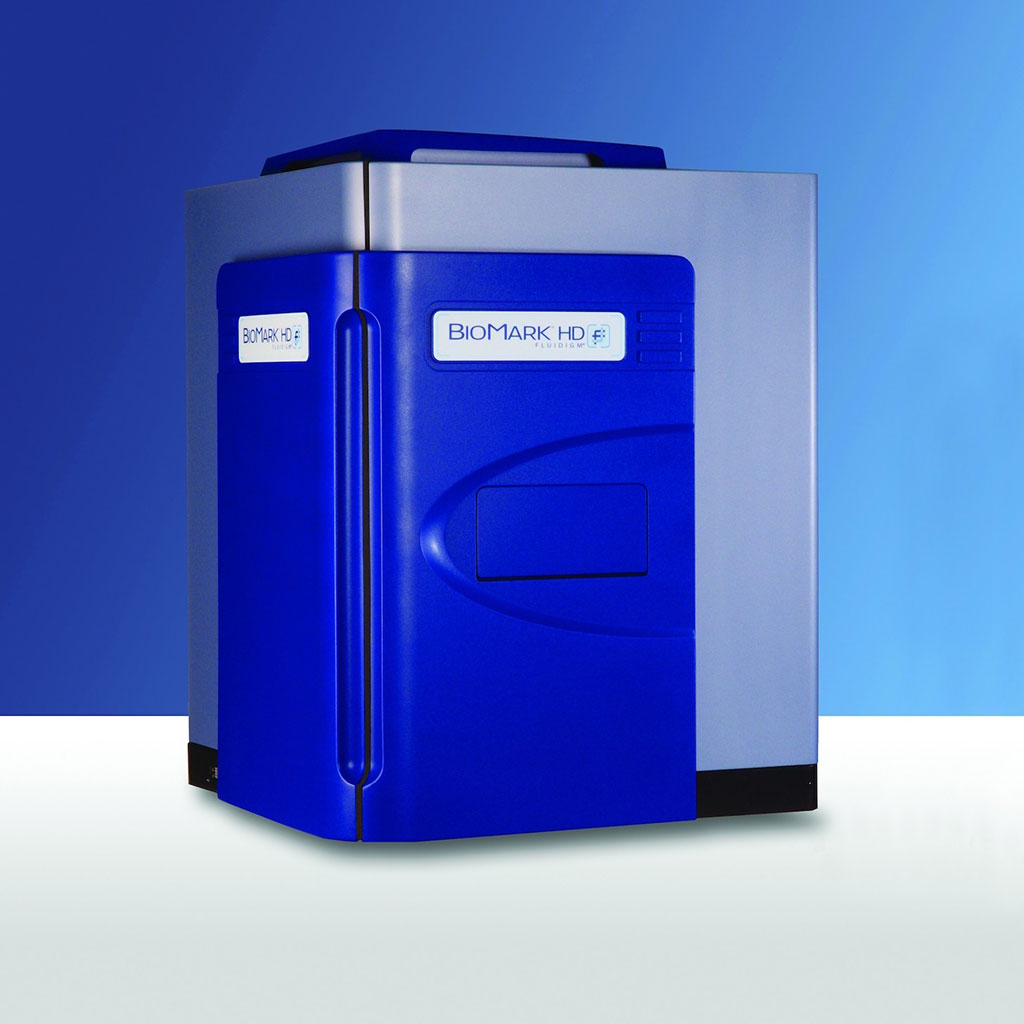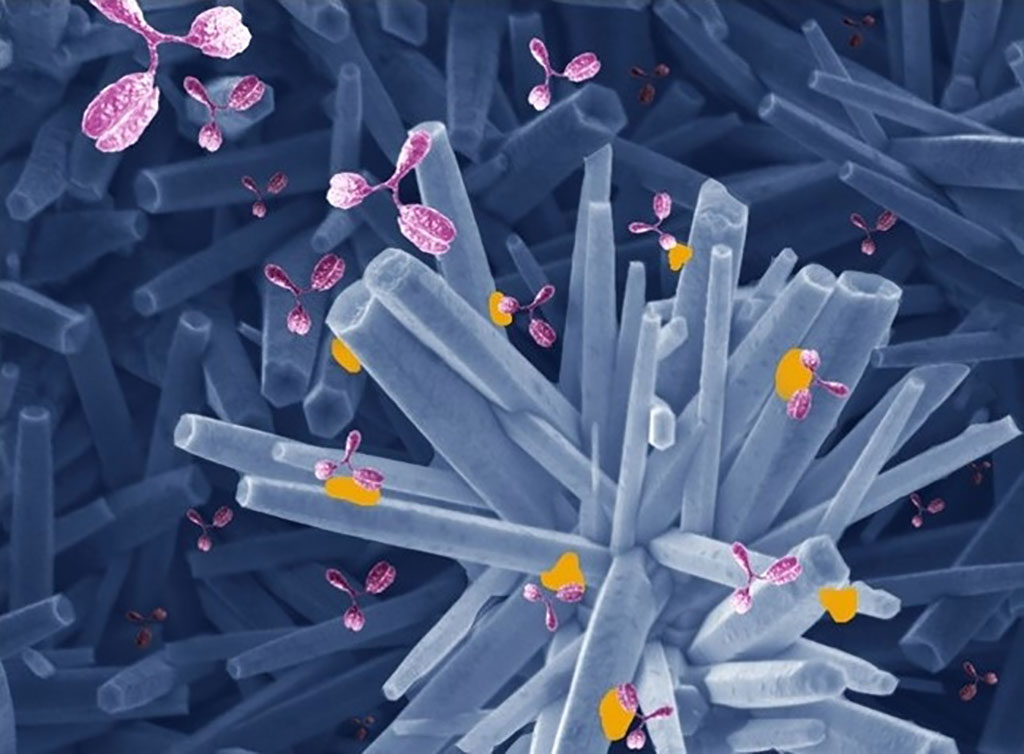New Electronic-Based ‘Nose’ Detector Sniffs out COVID-19-Infected People in 80 Seconds
By LabMedica International staff writers
Posted on 03 Jun 2021
A proof of concept with an electronic nose has suggested that an optimized detector may allow effective real-time diagnosis of SARS CoV-2 infection, which would provide for extensive relief in the COVID-19 pandemic.Posted on 03 Jun 2021
A group of scientists at the Weizmann Institute of Science (Rehovot, Israel) successfully deployed a mobile eNose platform that can smell SARS CoV-2 infection at a drive-through testing station.

Image: New Electronic-Based ‘Nose’ Detector Sniffs out COVID-19-Infected People in 80 Seconds (Photo courtesy of PLoS ONE)
Rapid diagnosis is the key to curtailing the COVID-19 pandemic. One path to such rapid diagnosis may rely on identifying volatile organic compounds (VOCs) emitted by the infected body, or in other words, identifying the smell of the infection. Consistent with this rationale, dogs can use their nose to identify COVID-19 patients. Given the scale of the pandemic, however, animal deployment is a challenging solution.
In contrast, electronic noses (eNoses) are machines aimed at mimicking animal olfaction, and these can be deployed at scale. To test the hypothesis that there is a body-odor, and more specifically an intra-nasal-passage body-odor, associated with SARS CoV-2 infection detectable by eNose, the scientists placed a generic eNose in-line at a drive-through testing station. The team applied a deep learning classifier to the eNose measurements, and achieved real-time detection of SARS CoV-2 infection at a level significantly better than chance, for both symptomatic and non-symptomatic participants.
Given the current results with a generic eNose, the scientists speculate that an optimized eNose may be able to provide effective real-time diagnoses in locations such as airports, the work-place, and cultural events, and in this potentially contribute to social and economic recovery in the COVID-19 pandemic.
Related Links:
Weizmann Institute of Science













